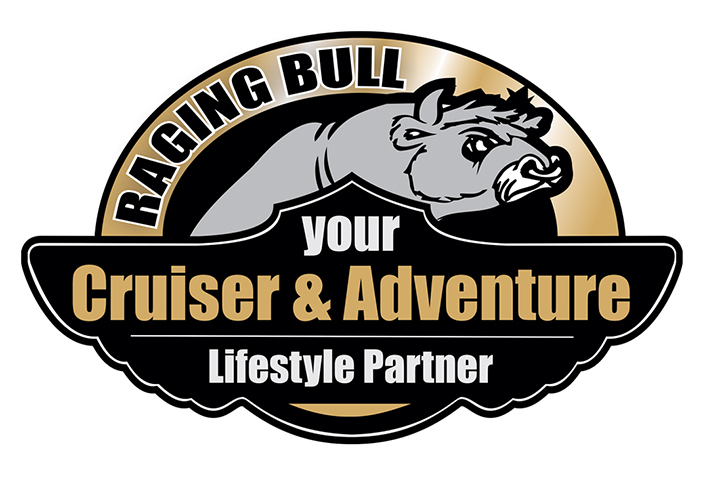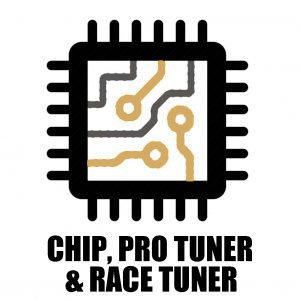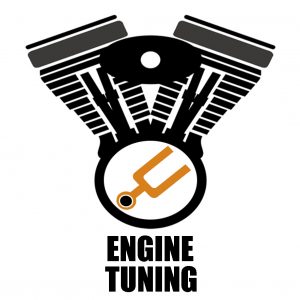Brake And Or Clutch Fluid Overheating.
What Do You Need To Know?
Over the years we have had many Harley riders call us about brakes and or clutch fluid overheating, but how would you know that the fluid has overheated?
The clutch or brakes that overheat simply goes flat as if it is broken. If it overheated and comes back to normal once it cools down then you have confirmed that the fluid has overheated and once cooled down again- restored itself.
On unusually hot days – over 30˚C, mostly together with some hard, fast riding conditions, maybe add in a few hills, stop-start riding, etc. and we have some radical heat build-up. This often occurs at the wrong place and at the wrong time but it happens and sometimes it has consequences (brake and clutch failure).
It more often than not only happens on air-cooled Softails and Touring bikes but can certainly affect all bikes at one stage or another. The rear brakes cook or boil the brake fluid and in some cases, the clutch fluid on bikes that have a hydraulic setup also overheats – it’s a matter of heat build-up which has nowhere to go i.e. bikes with panniers on at the rear together with an exhaust and touring bikes with an exhaust passing very close to the clutch slave cylinder and clutch tubing. The HD Motor company has taken steps to rectify these issues – moving braking components to other locations – reverting back to cable clutches for touring bikes, etc.
You can overheat your bike’s rear brakes relatively easily on these bikes, just going down a mountain pass and continuously applying the brakes with your foot – it’s a very heavy bike, much like a truck going down a pass. The disc is small and the pads’ friction areas are also very small. They overheat quickly. The clutch slave cylinder has a steady build-up of heat and more so on bikes with upgrades moving slowly or standing still, these air-cooled bikes need to be moving through the air to keep everything – engine, clutch, brakes, etc. cool. Once the fluids start overheating, they only recover when the bike is not running and it cools down.
All bikes’ brake fluid needs to be renewed annually – flush and bleed. Brake fluid also has a tendency of moisture build-up which worsens the overheating issue. Old brake fluid boils quicker and stays bad longer. We use a moisture meter to measure the moisture in the fluid when we service these bikes. Most workshops do not have such a tool.
We have special brake fluid in stock which is much more tolerable to heat similar to what is used on race cars and bikes. This is not a 100% solution as even this fluid breaks down and overheats with enough heat exposure.
The brake fluid is expensive and in the past, we have even gone to extreme measures where we actually wrapped the exhaust with Thermotec tape and upgraded the brake friction materials. Harley Motor Company has a range of comfort extraction fans available for select touring bikes and oil cooler fans to remove thermal temperature from the oil during circulation.
In summary, some riders have burned blisters on their right leg even when covered with riding gear or jeans. Ladies’ shoes start to melt when they are exposed to this heat for long enough. If you have experienced any of this it may be time to take some precautions, even stopping more frequently to cool down will help. Have your brake and clutch fluid checked, flushed, and bled frequently – at least once every year or upgrade the fluid if you ride hard and fast.







